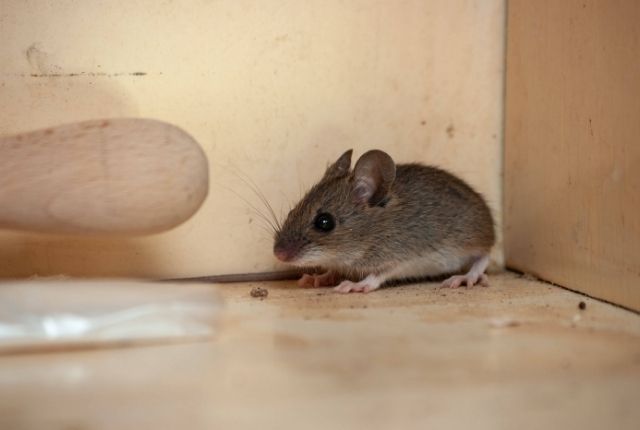Mice are more than just bugs that run around in the dark. They are small, sneaky animals that often get into homes. To deal with them well, it is important to understand how they act. With this information, residents can not only deal with infestations, but also keep them from happening in the first place.
Birds that fly at night
Mice in the house are mostly nocturnal, which means that they are most busy at night. This is because they have a strong sense of smell and good hearing, which help them find their way and eat in the dark.
Animals with Societies
Mice are very social creatures. They often live in groups or villages, which keep them safe and let them meet other people. There may be more than one mouse staying in a house, especially where there is a lot of food.
Instincts for the Land
Even though they like to be with other mice, house mice are also protective. They make their own areas inside a house and protect them from other mice. If this behaviour isn’t handled well, it can lead to infestations.
Making babies quickly
One of the main reasons house mice are such a big problem is that they can have lots of babies quickly. Every three weeks, a single female mouse can have a litter of pups. Each litter can have up to a dozen babies. Because of how quickly they reproduce, a small problem can turn into a full-blown invasion in just a few months.
How to Find Food
Mice are opportunistic eaters, which means they will eat almost anything they can find. This includes grains, cereals, veggies, and even small bugs. One reason they do so well in human settings is that they eat many different things.
How to find your way
House rats are good at finding their way around. They have a good sense of where things are in space and can find their way through complex mazes. This skill makes it easy for them to find food and get back to their nests.
Biting A routine
Mice are hardwired to chew on things to keep their teeth from getting too long. This can be bad for a home because they might chew on electrical lines, furniture, or even parts of the building itself.
Hiding and making a nest
Mice are very good at finding places to hide and building nests. They often build their nests out of paper, fabric, and insulation. Their nests are usually in hidden, protected spots inside a house. Wall cavities, attics, and crawl areas are common places for them to live.
Afraid of dangerous animals
House mice are naturally afraid of being eaten. Because of this, they are careful when they go to new places, which is why they usually stick to the same paths in a house.
Odour Tracks
Mice leave scent tracks to talk to each other. They use their urine to mark their areas and paths, which they then use to find their way and find food. By knowing how they act, homes can find high-traffic areas and places where birds might nest.
In the end:
The behaviour of house mice is a fascinating topic, and knowing it is important for getting rid of pests. By knowing what they do, homeowners can take steps to avoid infestations and fix problems if they already have them. A well-informed method is the best way to keep these tiny pests away, whether it’s by sealing entry points, keeping things clean, or getting help from a professional.
Offering high-quality, reliable, and affordable mouse control cobourg that are guaranteed to work to get rid of mice on your property.
